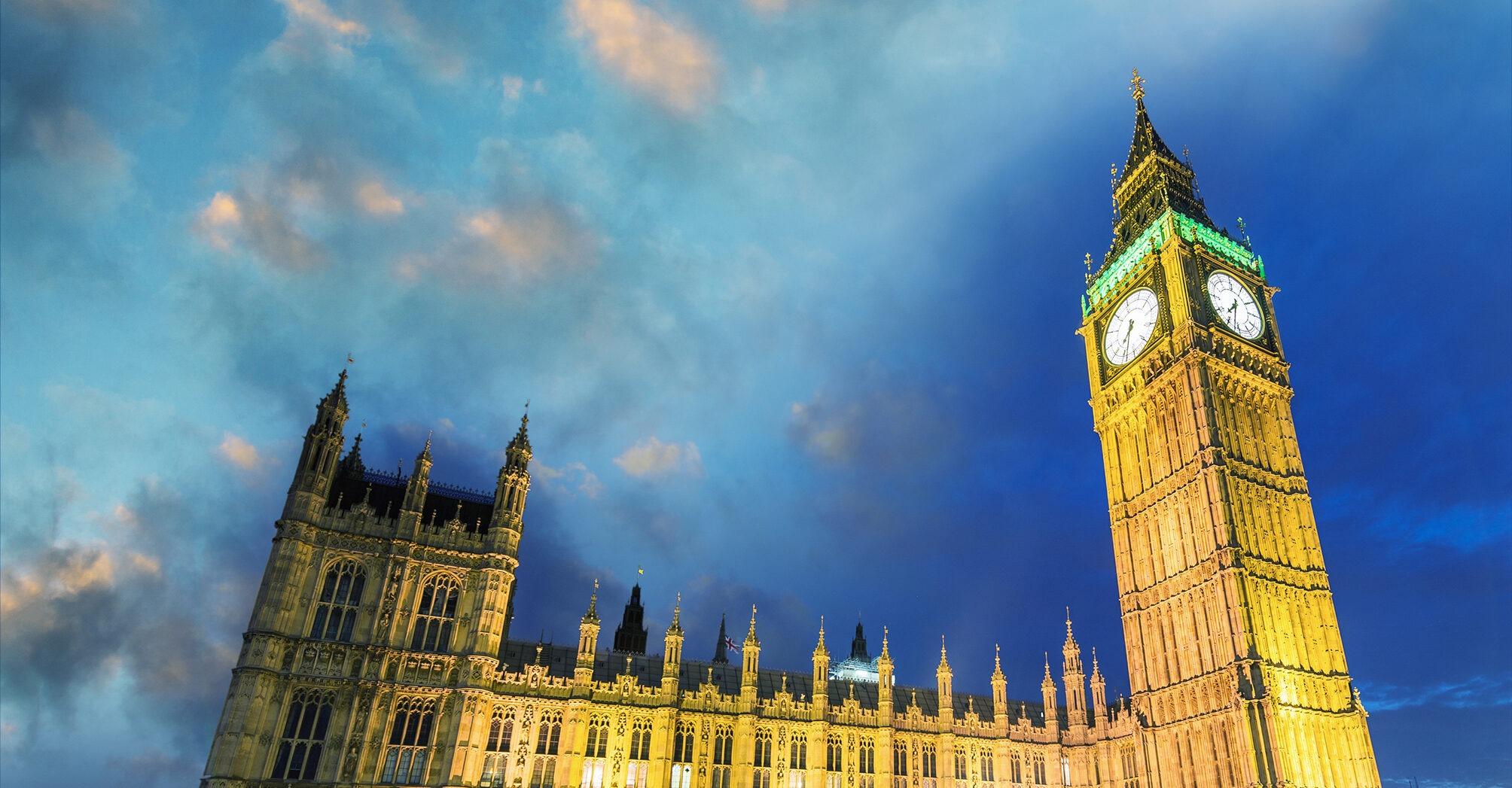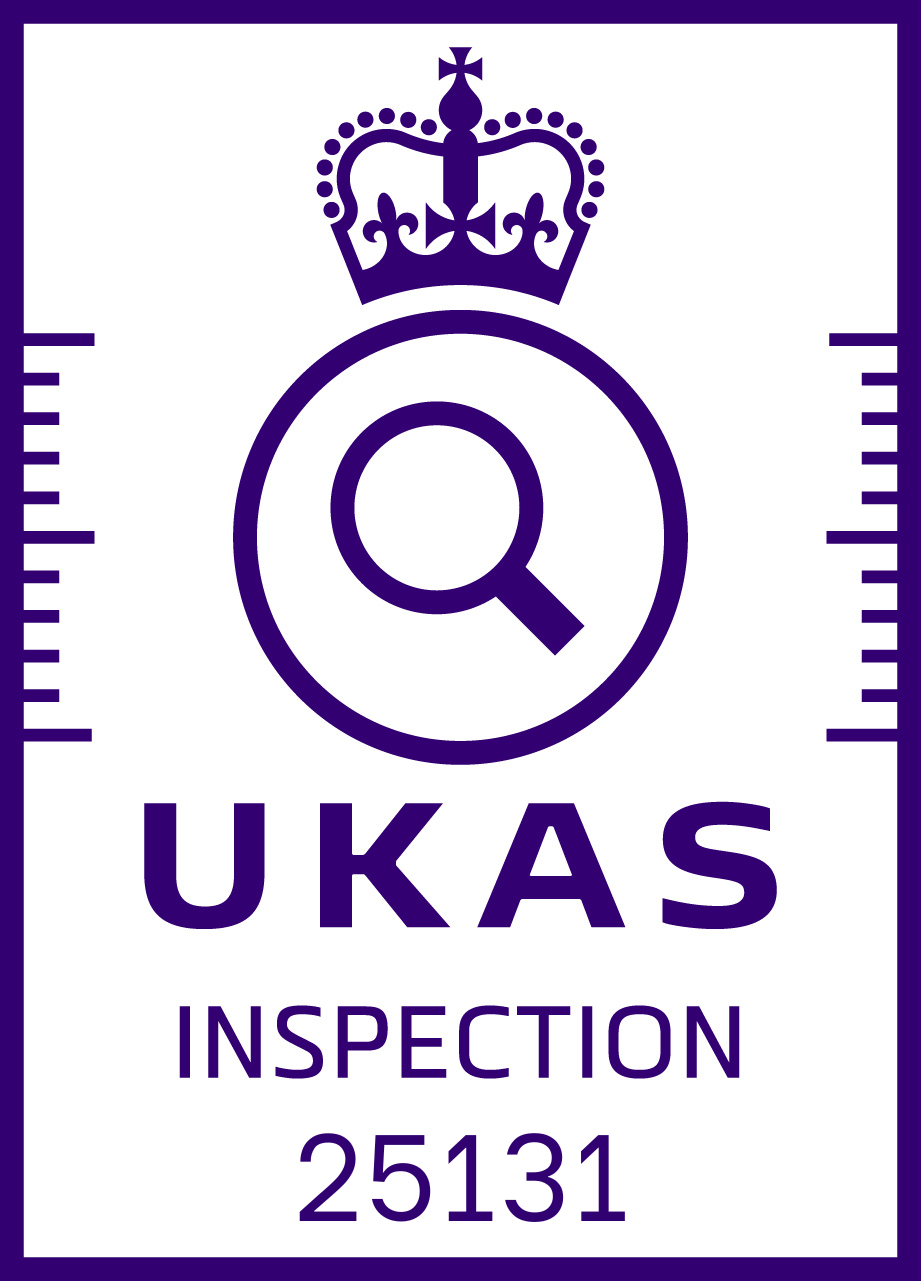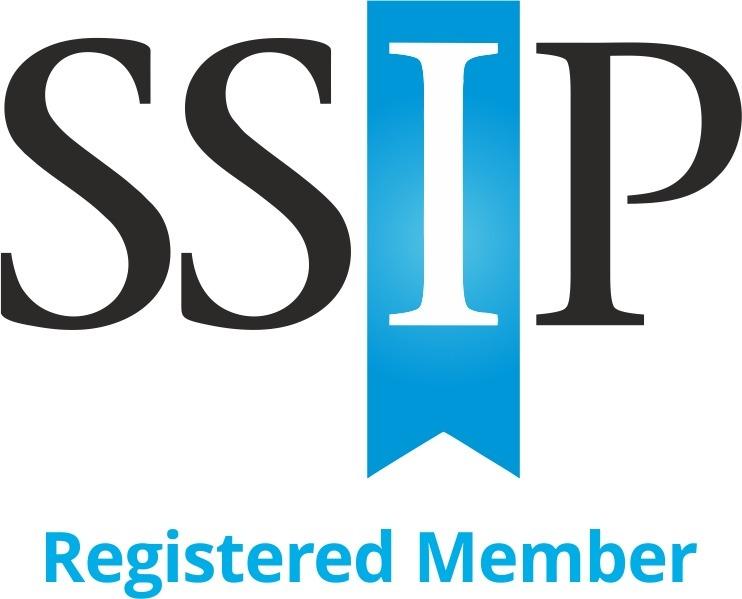As the established trade association and training body for the safety netting and temporary safety systems industry, FASET aims to always keep up to date with the latest news from the building access industry. We are pleased to share the following story from the Institute of Occupational Safety and Health (IOSH).
Widespread criticism of the controversial Retained EU Law (Revocation and Reform) Bill, dubbed the ‘EU Bonfire’ or ‘Sunset’ Bill, which could see more than 4,000 laws amended, repealed or replaced by the end of 2023, continued in the House of Lords, last week.
The Government move to set an end-of-year deadline or ‘sunset’, after which retained rules from Brussels yet to be decided on by ministers would be automatically ditched, has been attacked as a way of making critical decisions on workers’ rights (including health and safety), environmental standards and consumer protections by default, or worse, by accident.
One Lord, Liberal Democrat Lord Beith, warned against “the washing down the plughole of things which have not been announced or discussed without any parliamentary process.”
Proposed change
A proposed change to the Bill, put forward by Labour’s Baroness Chapman of Darlington, sought to prevent the unannounced revocation of law or “things happening by accident.” This would ensure that only legislation identified and approved by Parliament could be revoked, therefore guarding against laws being allowed to drop with limited parliamentary scrutiny and no ability to change ministerial decisions.
“The removal of the law should be an active choice, not a passive default, and the removal of laws should require Parliament’s consent”, said the Baroness.
Former Conservative cabinet minister Lord Deben asked: “What happens if that which has not been identified just drops away?” But Government Minister Lord Callanan, who introduced the Bill to the Lords, claimed: “Making it harder to remove regulations would hamper the UK’s growth, would be detrimental to the UK and fundamentally undermines the aims of the Bill.”
Image: Shutterstock









